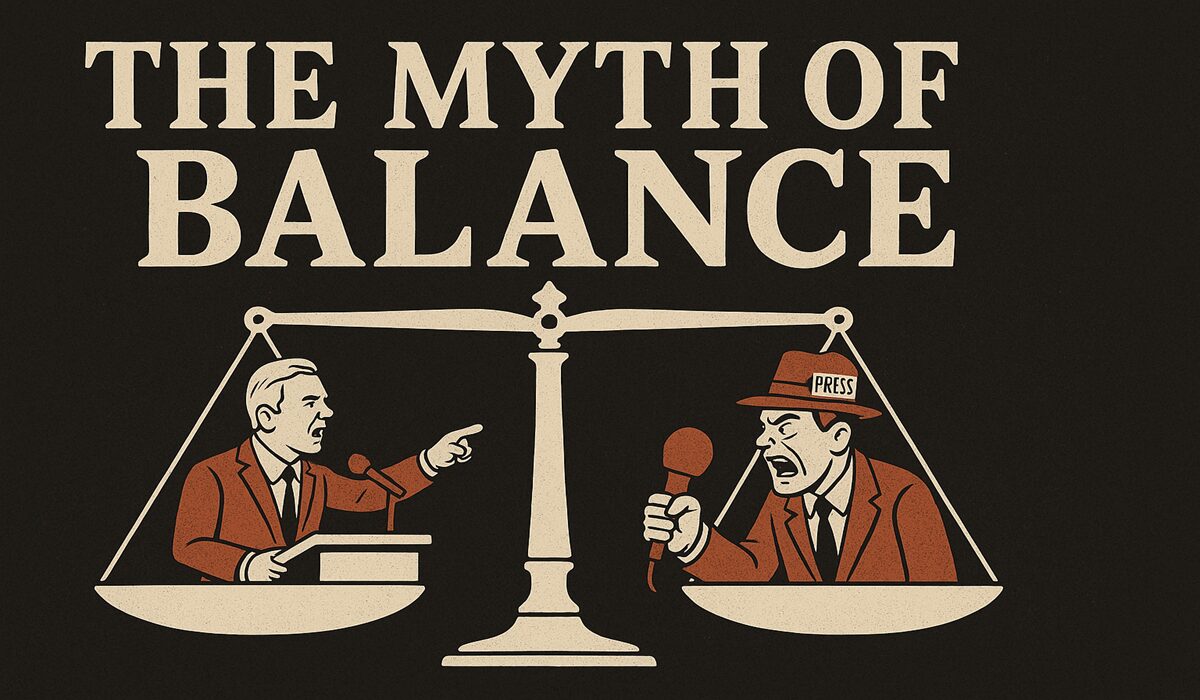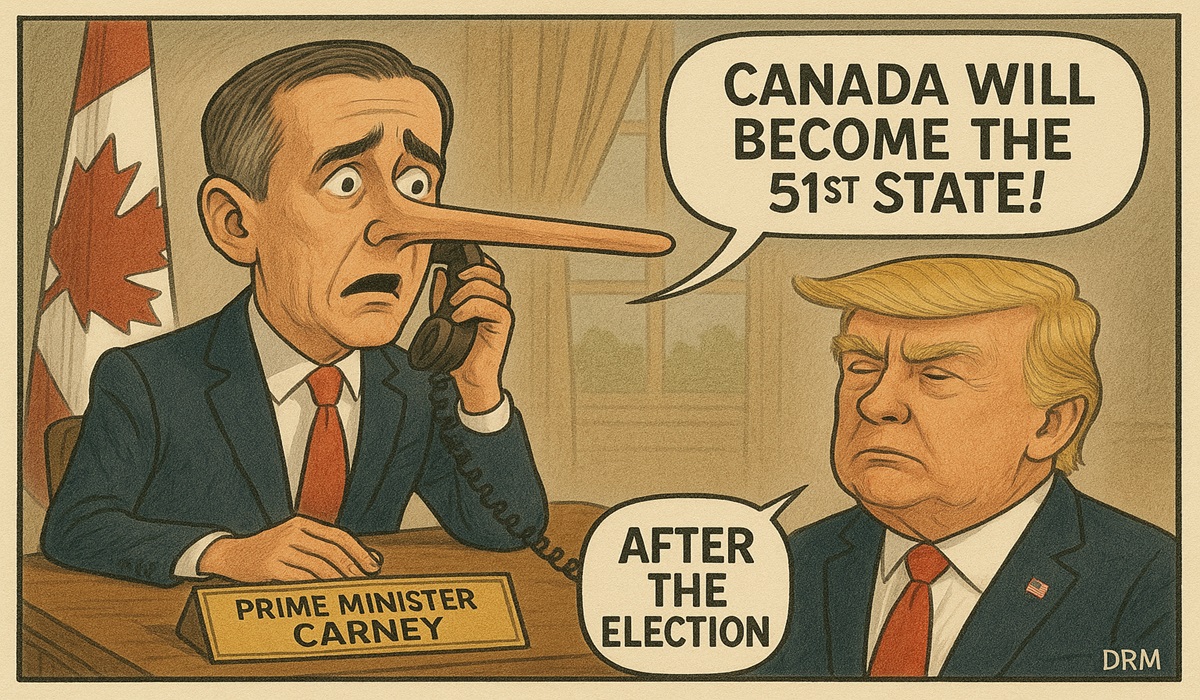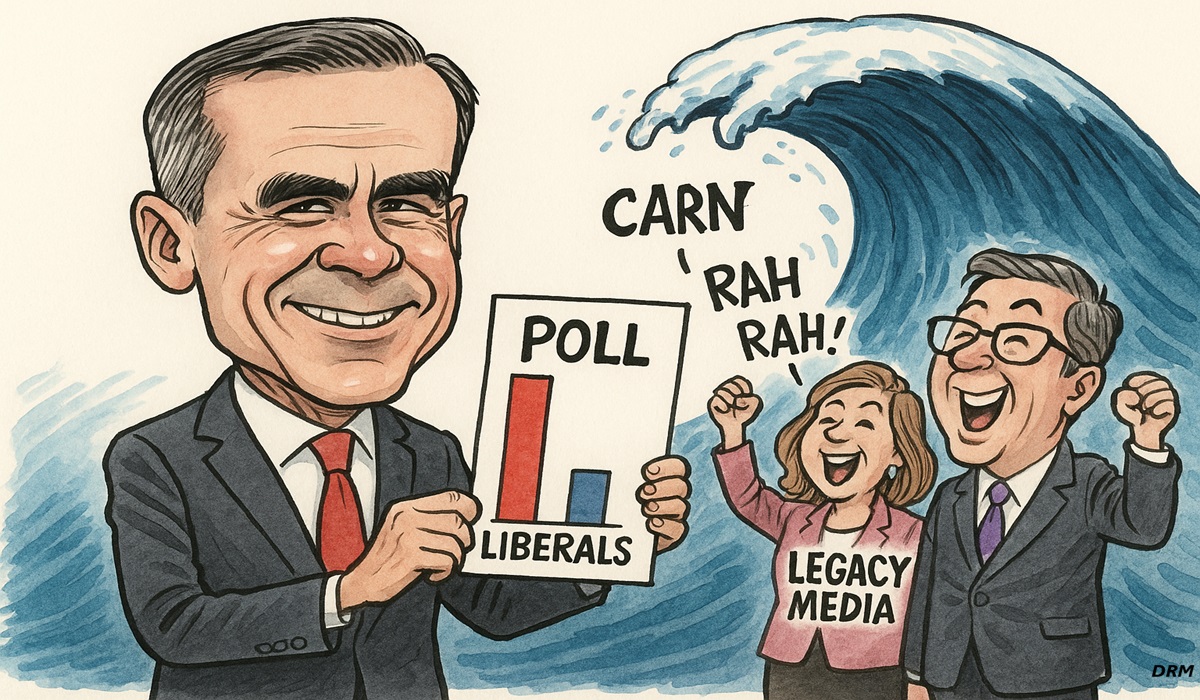According To Anonymous Sources and the Art of Shaping Narratives in Media
- TDS News
- D.O.C Supplements - Trending News
- October 9, 2024

Image Credit, Lukas Prudil
In today’s media landscape, some of the most attention-grabbing stories shared across major networks often conclude with a familiar phrase: “alleged” or “according to anonymous sources.” These terms, while seemingly harmless, signal a shift in how news is crafted and consumed. Rather than presenting the evidence for people to see, many of these stories are increasingly said to be sensationalist “hit pieces” designed to evoke strong emotions, sway public opinion, and ultimately drive more clicks. More clicks mean more eyes on advertisements, and in the world of digital media, this translates to higher profits.
It’s an unfortunate reality, but it’s the nature of how much of the news industry operates today. A recent example involved a promininet news outlet reporting on supposed Chinese hackers breaching telecommunications networks. While the story implied that sensitive information may have been compromised, it couldn’t be shared, and key government figures or telecommunication corporations refused to comment. The article quickly shifted from reporting possible facts to accusations that the Chinese government is capable of hacking various transportation and communication systems—a narrative built on speculation rather than evidence.
The broader issue with stories like these is not just their impact but the fact that they rely heavily on anonymous sources. As we’ve all heard, every nation has its spies. Espionage is a reality of global politics. But stories about national security, cyberattacks, and espionage—when sourced anonymously—often serve more to advance specific agendas than to inform the public. Governments and powerful institutions use the media to shape public perception by leaking the information they want people to know, while withholding what they deem too sensitive. This brings to mind Noam Chomsky’s concept of “manufacturing consent,” where the media serves as a tool to subtly shape opinions and decisions.
The key question to ask is: who benefits from stories based on anonymous sources? Often, it’s the journalist who gets the scoop and the outlet that generates buzz. But just as often, it’s someone within the government or a lobbying group pushing an agenda. Whether it’s the defense industry or other powerful interests, these stories may align with their goals—be it more funding for military operations or public support for new policies. And, of course, there’s always the financial incentive: media outlets need to keep people engaged, to sell more ads, to keep the money flowing.
This isn’t to accuse journalists of dishonesty, but to highlight why salacious stories based on anonymous tips can thrive. They play into a broader system of influence, often serving as propaganda tools that lean in a particular direction, whether it’s political (Democratic or Republican), ideological (anti-war or pro-war), or social (pro-gun or anti-gun).
Take China, for instance. In many Western media outlets, it’s a convenient target for narratives involving espionage or cybersecurity threats. These stories, quoting anonymous sources, regularly cast China as the “boogeyman” in global affairs, whether or not the claims are backed by solid evidence.
So, what would the news look like if we stopped relying on anonymous sources? If individuals and institutions went on the record with their claims, would journalism be less salacious and more accurate? Likely so. There would be fewer unsubstantiated allegations and more accountability. Proper journalism—rooted in verifiable facts—could once again take center stage.
At the end of the day, we all understand that bills need to be paid, and sensational stories help keep the lights on in newsrooms. But have we, as a society, crossed a line where truth takes a backseat to passion and profit? Unfortunately, the answer seems to be yes. Should we aspire to be better than this? Absolutely. Yet, the reality of human nature—our biases, desires, and the drive for influence—suggests we may not always succeed in this pursuit.
When distorted facts and twisted narratives are given a platform, it is a bell the can not be unrung. Those in power, and those with a voice in the media, bear a significant responsibility in shaping public discourse. As we continue to consume news, we must remain vigilant, questioning the motives behind anonymous claims, and demanding greater transparency in the stories we’re told.








